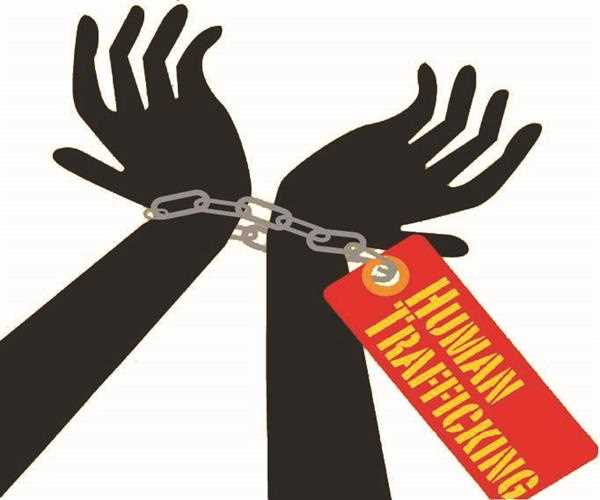An overview: Human Trafficking laws
The Indian laws prohibit slavery and such actions that harm an individual's freedom and dignity. But even after so many years of independence, human trafficking, and forced labor still exists in Indian society. Many people are made to work forcefully, against their will, at cheap rates. Thousands of women and children are subjected to human trafficking and exploitation. In the global slavery index of 2016, it was estimated that more than 18.3 million people in India are subjected to slavery, forced sexual exploitation, and child labor.

The right against exploitation, mentioned in articles 23 and 24 of the Indian constitution, upholds human dignity and liberty principles. It guarantees human dignity and the protection of people from exploitation.
Clause 1 of article 23
It prohibits the trafficking of human beings, begar, or any such kind of forced labor. It states that contravention of this provision is subject to
punishment by the law.
this article prohibits the following:
Human trafficking: sale or purchase of human beings for sexual slavery,
forced prostitution, or forced labor.
Begar: forced labor which refers to forcing a person to work for no remuneration.
Other forms include different types of forced labor, such as making a person work for less than the minimum wage. It also includes:
Bonded labor: a person is forced to work to pay off his debt for inadequate remuneration.
Prison labor: prisoners sent in for rigorous imprisonment are forced to work.
Conclusion:
Millions and millions of people in the country are still subjected to these social evils of human trafficking, forced labor, and child labor. This is truly horrifying, and it's high time to eradicate these from society and punish the offenders.